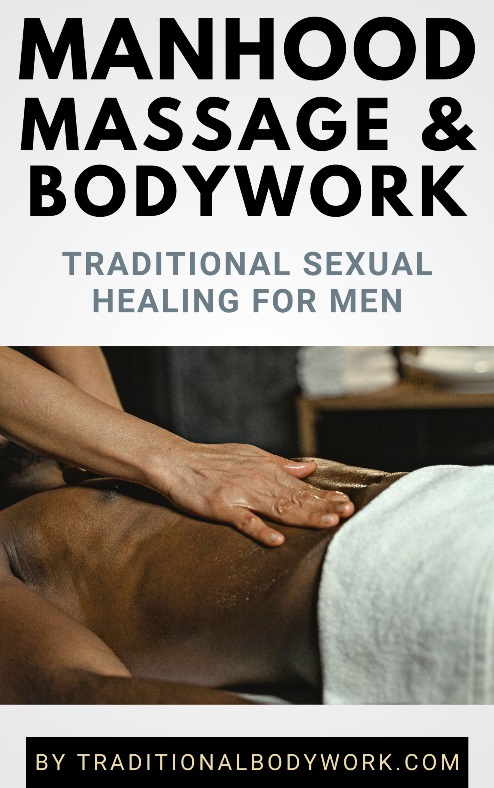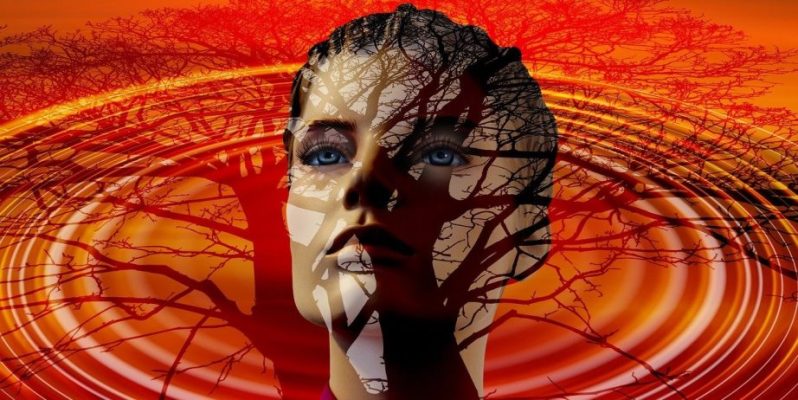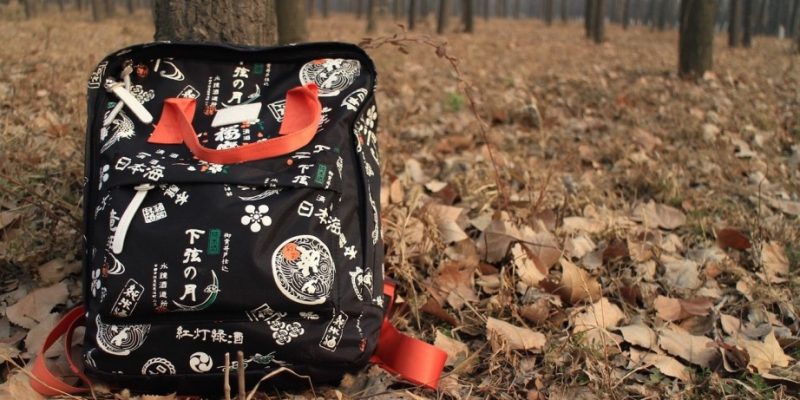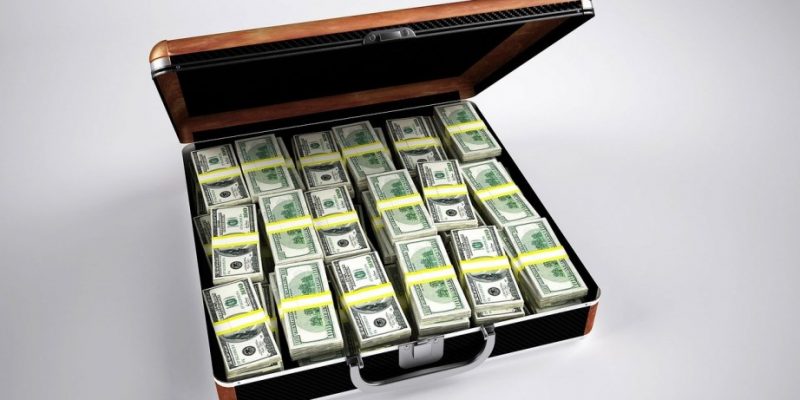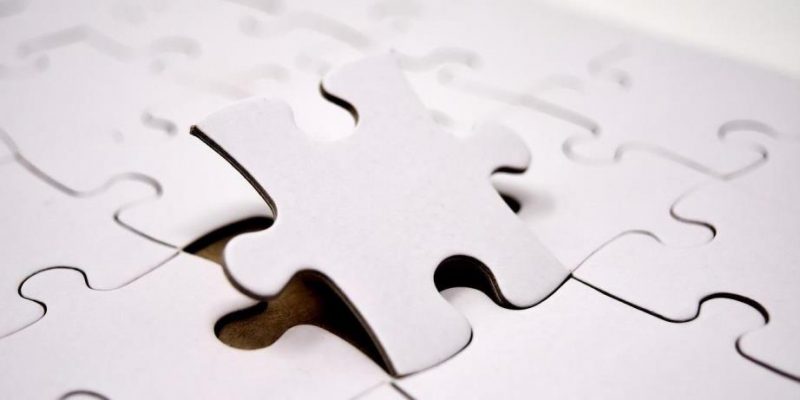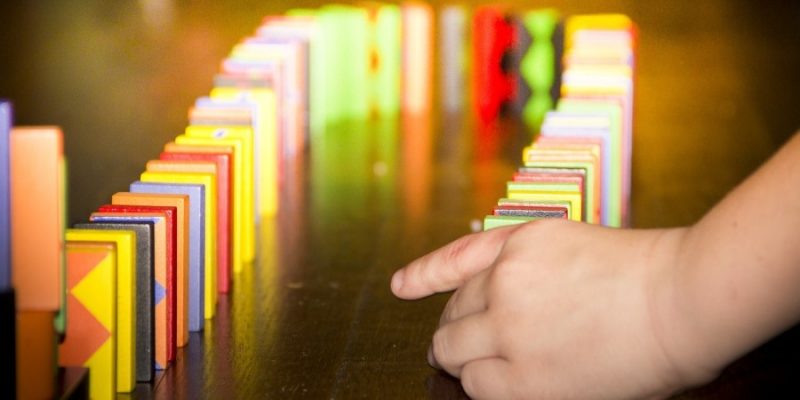
Inequality among people — rich and poor, the haves and have-nots, the favored and marginalized. It feeds enslavement, greed, violence, and ever recurring wars in a man-made world.
Unequal distribution of resources and opportunities between people cannot be justified, ever; why does one person need to live in a slum-shed and another in a palace, and why does one own three cars and the other not even a pair of shoes to walk on? Why can one access a university and the other not even primary school?
Inequality is one of the saddest “achievements” of mankind, this human race that’s not able to endow humanity, love, and compassion on one another — on all and everything. Mankind that lives in perpetual anguish and war. And why do we still accept this? Perhaps not in name, but most certainly through our deeds. Why doesn’t it change? Why hasn’t this changed for millennia?

Isn’t inequality the root of greed, or worse — perpetuating and continually legitimizing greed and its results; “Why should they have so much, and why should not I?” And is this not where competition, violence, and our wars start? To take what others have so plentifully, or maybe even barely have, to subsequently defend our cruel acquisitions with violence and so-called “laws.” To take with whatever possible means the things we think we deserve?
Nevertheless, the more valuable question we need to ask is why we (feel we) need so much? Why two cars, two houses, a yacht, three televisions, and half a million dollar in a bank account? Why three expensive holidays each year and a personal closet with clothes for ten people?
That, in my opinion, is the important question. Why do we want so much more than we need? And why do we always want more of it? Isn’t it through social conditioning, habit, ideology, or — by contrast — because of utter helplessness, desperation, and fear that we think that this is “how life is” and “should be lived.”
Isn’t because of our social education that aims at “achieving more,” “having more,” “being more than you are now,” “fighting for your rights,” “doing better than others,” “securing yourself,” “protect what’s yours,” and “thinking about the future?”
We are born and raised in a competitive human world, one we legitimize by looking at “the laws of Nature,” saying that it’s simply “survival of the fittest.” Eat or be eaten, conquer or be conquered — that’s what we teach our children — consciously or subconsciously.

But in Nature, competition and killing is almost always only to survive, to feed — solely or as a group — not to gather more and more, more than ever will be needed in a lifetime. In Nature, violence is functional, not an acquired taste and not the result of greed. Violence in Nature is not the predominant way of going about life, as it is among humans, it’s always a spontaneous action on the spur of the needs of the moment. It’s natural.
By contrast, it’s not natural to gather more than you’ll ever need, and moreover, at the expense of others. It’s not natural, because this greed, this hyper-acquisition creates the ongoing violence that always again will turn against us through other people who want to take and will take by force — at one time or the other — what we think is ours and they think is theirs. And that’s exactly what we wanted to avoid in the first place, wasn’t it? Wasn’t it that we actually wanted to live in peace?
In the end, sadly enough, mankind doesn’t see, or cannot see, doesn’t realize that its way of life is exactly that what threatens it. And as long as we’re not deeply aware of this truth, greed and the violent world we live in are here to stay.






